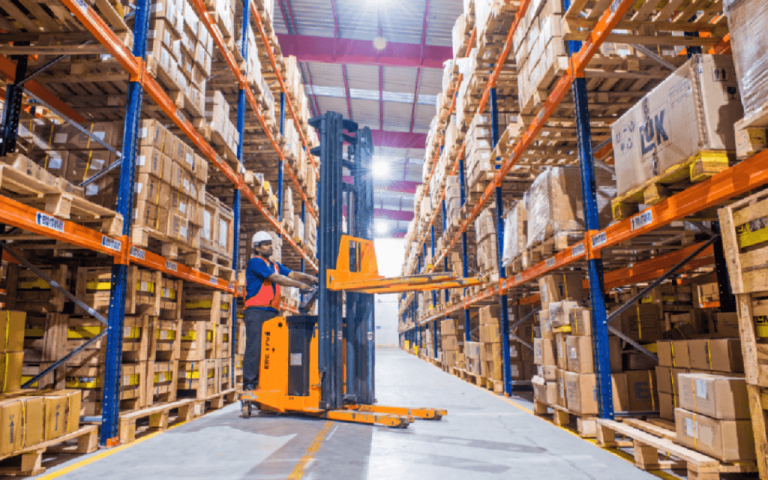As businesses expand their operations across borders, the demand for efficient freight carrier solutions has never been higher. Meeting these demands requires innovative approaches and cutting-edge technologies that can streamline logistics and enhance supply chain management. In this article, we will explore how freight carrier solutions are rising to the challenge of modern shipping. One of the key factors driving the need for advanced freight carrier solutions is the exponential growth of e-commerce. With more consumers relying on online shopping, businesses must ensure timely delivery of goods to meet customer expectations. Freight carriers are stepping up their game by leveraging automation and digitization to optimize their operations. Advanced tracking systems allow real-time monitoring of shipments, ensuring greater transparency and accountability throughout the supply chain. Moreover, the integration of artificial intelligence (AI) and machine learning (ML) algorithms has revolutionized freight carrier solutions.
These technologies enable carriers to analyze vast amounts of data, identify patterns, and make data-driven decisions. By predicting demand, optimizing routes, and minimizing inefficiencies, AI and ML algorithms help reduce costs and enhance overall operational efficiency. Another significant challenge faced by modern shipping is sustainability. As environmental concerns grow, the industry is under pressure to reduce its carbon footprint. Freight carrier solutions are embracing green initiatives by adopting eco-friendly practices. This includes utilizing alternative fuels, optimizing shipping routes to minimize emissions, and investing in energy-efficient technologies. Some carriers are even exploring the use of electric and autonomous vehicles to further reduce environmental impact. Furthermore, the rise of global trade has led to an increase in regulatory compliance requirements. Freight carrier solutions now focus on ensuring compliance with international standards and regulations.
By implementing robust systems for customs clearance, documentation, and risk management, carriers can navigate complex trade regulations efficiently and minimize delays. In conclusion, the demands of modern explore this link for additional information shipping require freight carrier solutions that are agile, efficient, and sustainable. The integration of advanced technologies such as AI, ML, and automation has transformed the industry, allowing carriers to optimize their operations and provide seamless logistics services. By embracing green initiatives and ensuring compliance with regulatory requirements, freight carriers are not only meeting the demands of the present but also shaping the future of shipping. As businesses continue to expand globally, investing in innovative freight carrier solutions will be vital for staying competitive and delivering exceptional customer experiences.On the Move: Exploring the Efficiency of Freight Carriers In today’s globalized world, the efficient movement of goods is crucial for economic growth and prosperity.

